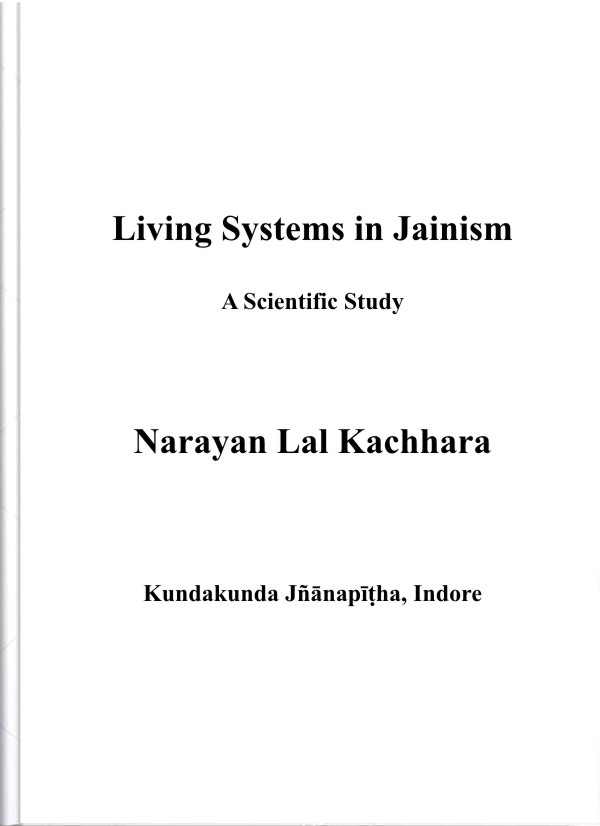Jainism presents a view of life and the cosmos that does not involve any intervention of a supernatural power like God. It explains the phenomena of both the living and non-living worlds by propounding the existence of real substances that are independent and distinct. All real substances are eternal, powerful in their own right, and cannot be destroyed by one another. The real are not absolutely permanent, but rather transitory-permanent, i.e. real substances undergo transformation according to a set of rules while maintaining their essential characteristics. The transformation of these substances is based on the principle of causality, an approach that is also the foundation of modern science.
Jainism rejects all forms of creationism but accepts the theory of Intelligent Design in a different form: for Jainism, the "intelligent designer" is the soul, not God. The soul, under the influence of karma, is the power behind the designs of various bodies and species. The complexity of form increases from the lowest level of existence, one-sense beings, to the highest level of existence, five-sense beings that are endowed with mind.
Jainism believes in a finite loka, or cosmos, which is eternal. The loka contains six kinds of substances which are eternal, as is the loka: no supernatural power has created the loka, and creation of any kind is in fact not possible. Jainism divides the cosmos into three parts; the upper loka, middle loka and lower loka. We live in the middle loka, which contains a series of innumerable circumscribing islands. As the substances are transitory-permanent, the loka is also transitory-permanent, meaning that the islands experience changes in structure. The island or its part can be destroyed and created in a new form, keeping the total matter content of loka unchanged. Although this kind of process is not clearly mentioned in the scriptures, it is implied from the properties of matter. Jainism therefore allows for the destruction and formation of stars, island components and, in principle, has no objection to accepting that planets are formed when a new star is born. Modern science estimates the Earth is about 4.6 billion years old. While Jainism makes no mention of such a time frame, life must begin on a new planet and Jainism offers no opposition to such a concept. We shall study more about loka in Chapter 13.
 Dr. N.L. Kachhara
Dr. N.L. Kachhara
